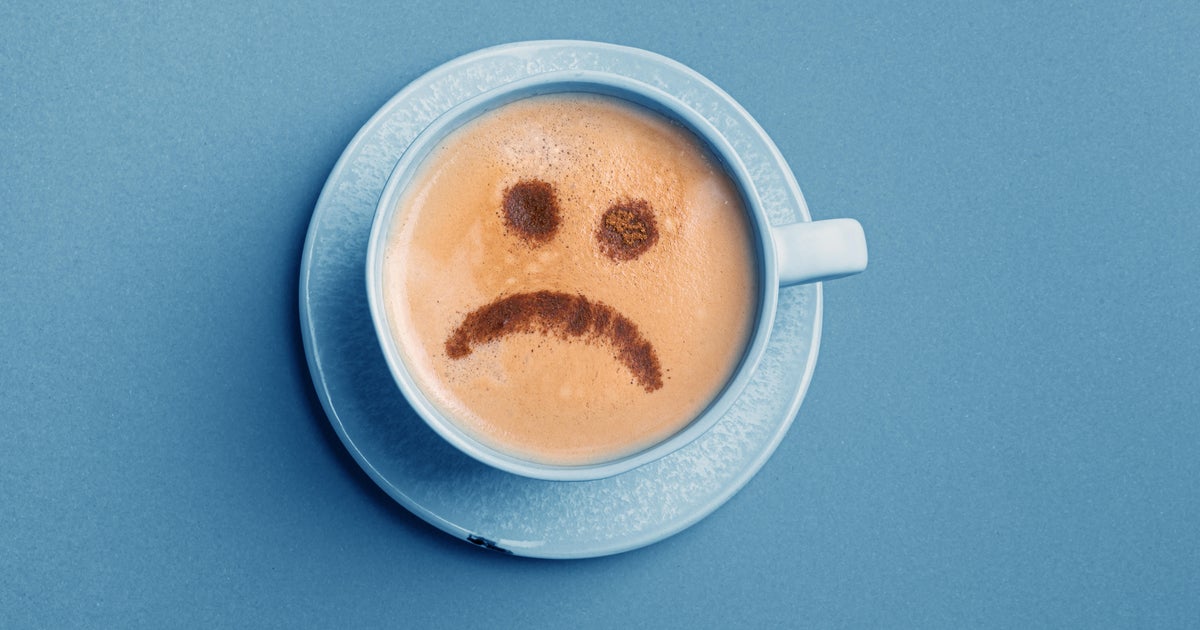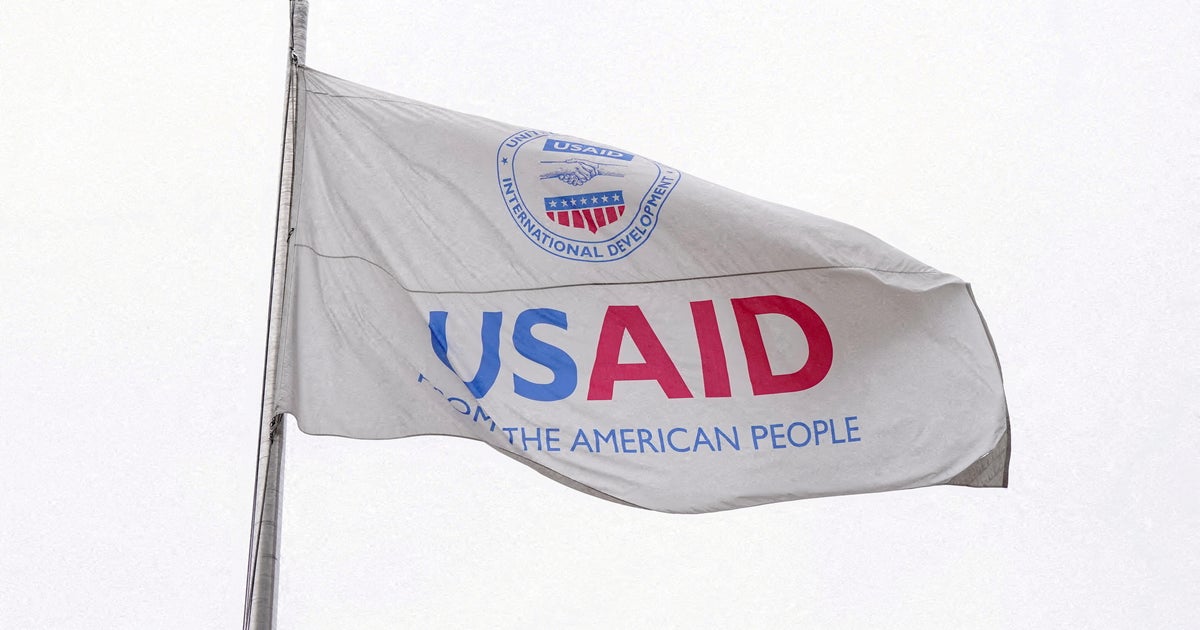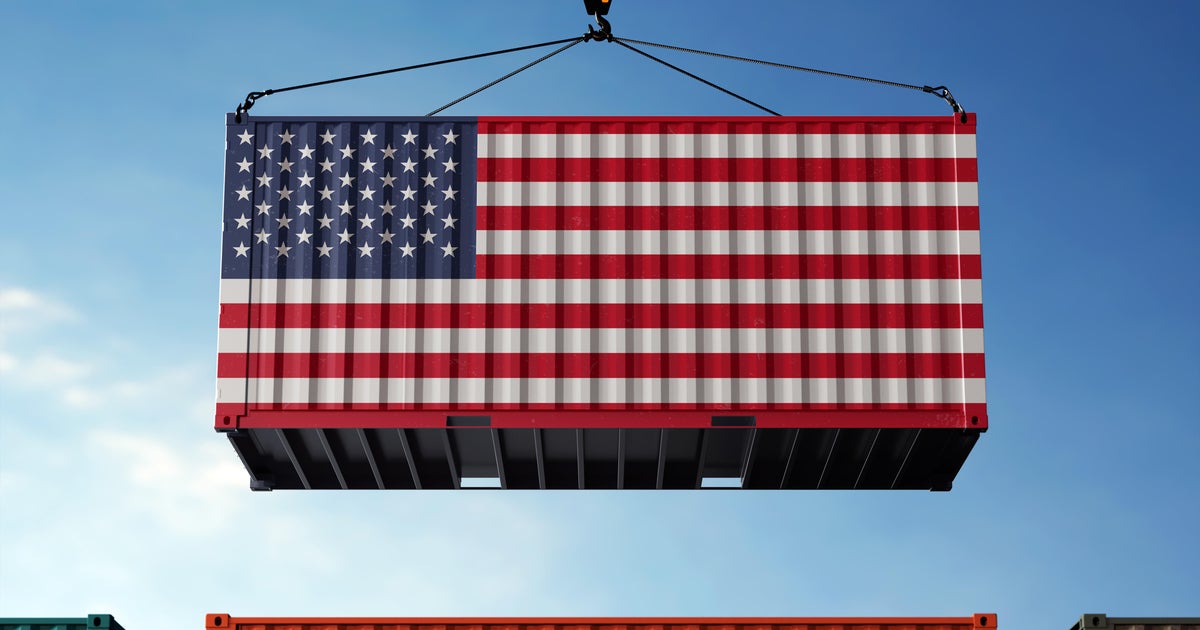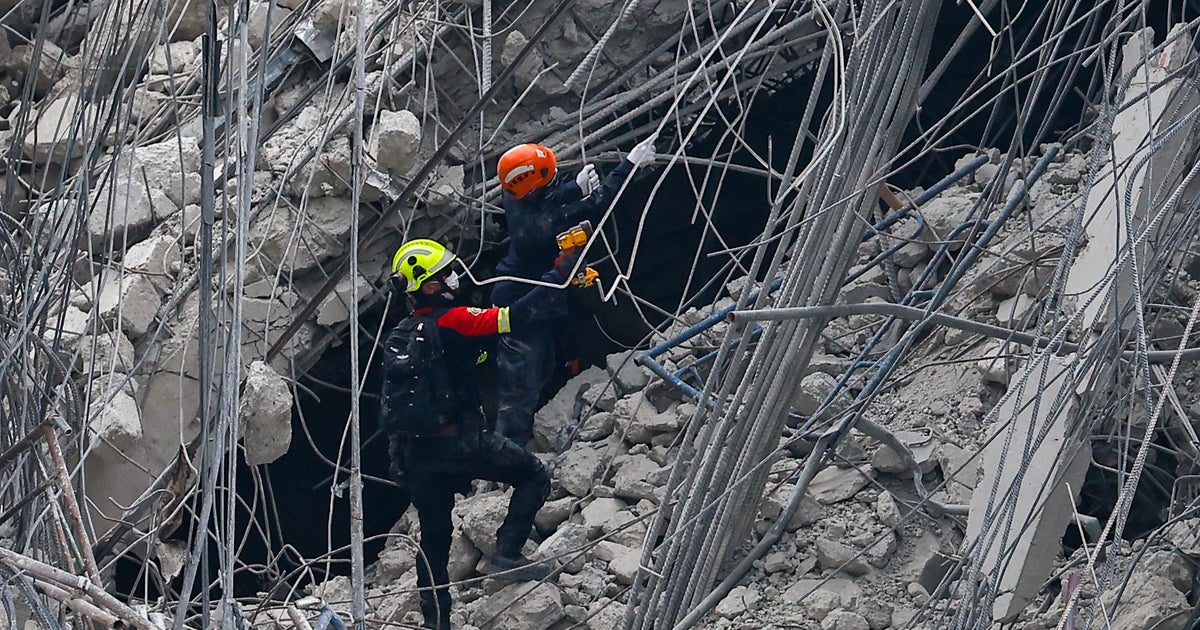Your daily cup of joe could get even more expensive under new U.S. tariffs on dozens of countries around the world.
The levies, called “reciprocal tariffs,” are making it more expensive for coffee shops to import beans and absorb other operational costs, with some businesses already starting to pass them along to customers. That means higher prices for coffee drinkers.
Coffee prices were already sky-high before Mr. Trump’s tariffs, with unfavorable growing conditions in Brazil, Vietnam and other key markets crimping supplies. The retail price of ground coffee hit an all-time high in March of $7.38 a pound, up 84% from $4.30 in January 2020, government data shows.
Currently, a 10% base global tariff is in place on all U.S. coffee imports. Countries including India, Indonesia, Vietnam and other coffee-producing nations are subject to even higher levies, which the Trump administration has paused for 90 days.
Only 1% of the coffee Americans drink is sourced domestically, mostly from Hawaii and Puerto Rico, according to the National Coffee Association. The rest — 99% of raw coffee beans — is imported from around the world. Americans spend nearly $110 billion a year on coffee, the group says.
The inflationary pressures come as other retailers, from footwear sellers to adult toy companies, add “tariff surcharges” to their prices to defray some of the extra, tariff-related expenses businesses are bearing.
Peter Moses, co-founder of Mighty Oak Roasters and Café in Queens, New York, told CBS MoneyWatch the company last week raised some of its prices, although that was unrelated to tariffs and stemmed from the rising cost of beans. But the coffee roaster is now expecting a new shipment to arrive at a port in New Jersey, and Moses is unclear if it will be subject to tariffs.
“We’ve got coffee on a boat on the water that we don’t know if we’re going to have to pay an extra 10% to 30% on top of what we contracted for,” he told CBS MoneyWatch. “So it’s quite challenging.”
Pricier coffee beans aren’t the only additional costs Mighty Oak Roasters faces because of the Trump administration’s blizzard of taxes. Moses said the shop’s expenses for packaging and cups could rise even more sharply because they come from China and are subject to a new 125% tariff.
“I am waiting to see if my cup and packaging prices come up because everything is made in China. If there’s a 125% tariff on my packaging, we’ll be forced to raise prices,” he said.
Moses emphasized that he’s reluctant to raise prices, but he doesn’t see an alternative. “I definitely don’t want to have to raise prices, but if my suppliers pass costs on to me it’s either close my business, or pass it onto customers and hope it doesn’t hurt my business,” he said.
A 32% U.S. tariff on imports from Indonesia, which has not yet taken effect, also could force Moses to remove some items from his menu. That includes coffee from the Indonesian island of Sumatra, a supplier of some of the world’s most popular beans.
“It’s a very popular blend, but it will have to go away because it won’t make economic sense. People like coffee — caffeine is a hell of a drug — but they’ll make choices on which coffee they’ll drink,” he said.
Caroline Bell, co-founder of Cafe Grumpy in Brooklyn, New York, said she was already spending more to import coffee because of the climate’s adverse effects on this year’s harvest, although for now she has held off on hiking retail prices. But the Trump administration’s new tariffs are likely to force her hand.
“It’s challenging to try to hold out on raising prices — I think we are going to have to,” Bell told CBS MoneyWatch. “Coffee costs have already gone up because of the market and climate change, and we assume the baseline 10% tariff will hold.”
Cafe Grumpy could raise prices about 10% across the board, according to Bell. Currently, a cup of cappuccino costs $5.25.
“We want people to be able to come in and afford a cup of coffee, so it is a challenge,” Bell said. But it takes a lot to get you your coffee in the morning, so maybe people will think more about where things come from, and what they put their money toward.”




